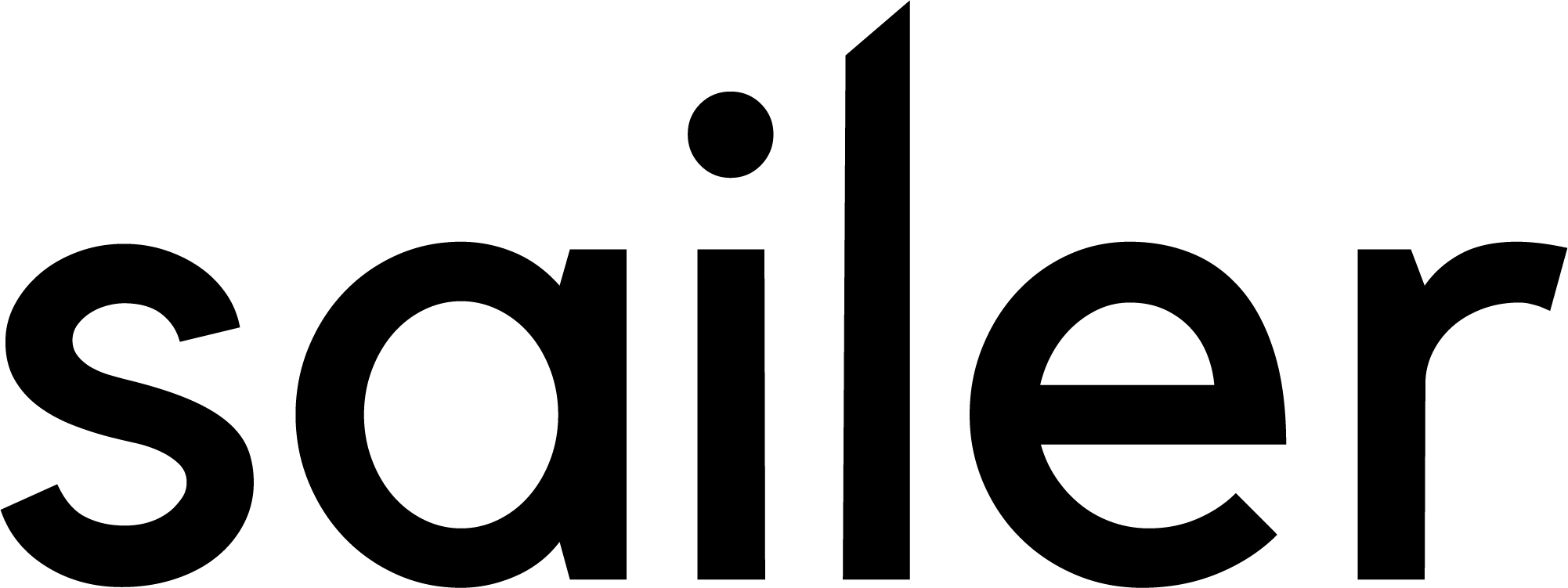There are many similarities in videographic research and service design, but the methods also differ from one another. Combining different research methods could be fruitful for customers, so what do these two methods have to give to each other?
Increased value through video
Video is a powerful tool and it should definitely be utilized more in the service design process. During user interviews there is often such an information overload, that sometimes important signals in body language and expressions go right past you. By using video as a part of the interview process it is easy to rewatch the content later just as it happened, so you get a thorough analysis, instead of just interpreting through audio.
Video interviewing is a great method for gathering additional information and correctly interpreting the interviewee as well as showing your clients where your research results are drawn from.
What could service design do for videographic research?
Service design also has a lot to give to the videographic research process. Currently the focus of the videographic research process is gathering insights and creating a visual and interesting way to show research findings but not so much the development of the solution.
Service design methods could be beneficial in the following steps of the process such as interpreting results and developing solutions based on the findings. There are heaps of tools that could be valuable assets in complementing the process so that customers could be offered an all-encompassing development package.
Future visions
The perfect symbiosis of these two methods still requires some efforts regarding integration, but there is a lot of potential. However, I believe and hope that in the future videographic research and service design could live harmoniously as part of one unparalleled development method.


